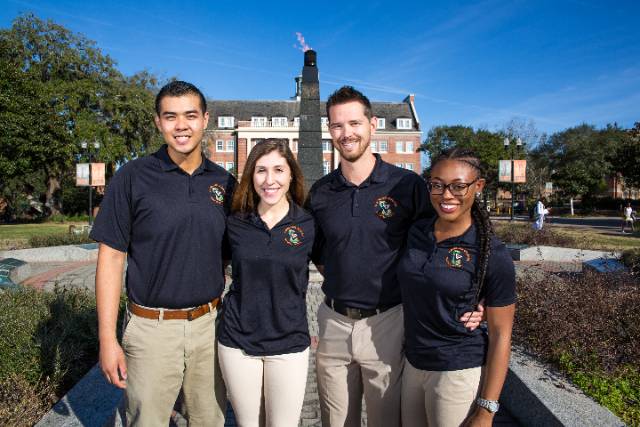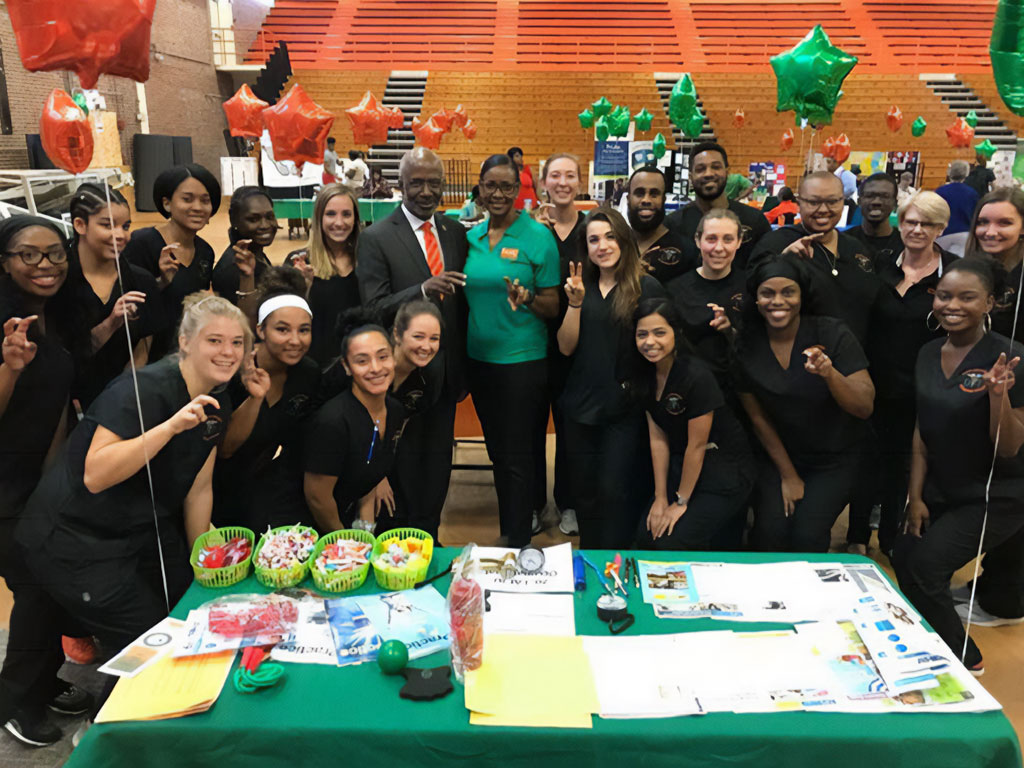Division of Occupational Therapy
Division of Occupational Therapy
The Division of Occupational Therapy, one of the five Divisions within the School of Allied Health Sciences, was established in 1989. The State of Florida, in its’ 1988-1993 strategic plan, identified as one of its critical problems in the rapidly growing State of Florida the need for an increased number of allied health practitioners. The Division, consistent with the mission of the University and the State of Florida, has conferred more than 200 baccalaureate degrees in occupational therapy. The last class of undergraduate students received their baccalaureate degrees in 2006. The Division has now transitioned to an entry-level master’s degree program from which the first student graduated in 2007.
Mission
The mission of the Department of Occupational Therapy at the Florida Agricultural and Mechanical University is to graduate competent practitioners who are committed to providing evidence-based practice to promote meaningful participation in occupation and that value community service, integrity, ethical behavior and respect for all people.
Occupational Therapy Programs
As part of learning how to assess and treat individuals who may need help performing their occupations, you will develop critical thinking and clinical skills, along with the ability to work with and listen to the needs of diverse patient populations.
The Health Science Pre-Occupational Therapy undergraduate degree major is a pre-clinical track which includes all of the courses required for application for admission to graduate professional occupational therapy programs.
To earn a master's, you will need to participate in supervised fieldwork in both traditional and non-traditional settings, including general and psychiatric hospitals, rehabilitation centers, intermediate care facilities, nursing homes, individual’s homes, school systems, community centers and agencies, and private practice. After you earn your degree, you can take the national certification exam to become a licensed occupational therapist.
The Florida A&M University (FAMU) Master of Science Occupational Therapy (MSOT) program has maintained a strong and collaborative relationship with several local institutions.
Program Faculty
| Name | Phone | |
|---|---|---|
|
Dr. Aurelia Alexander |
||







